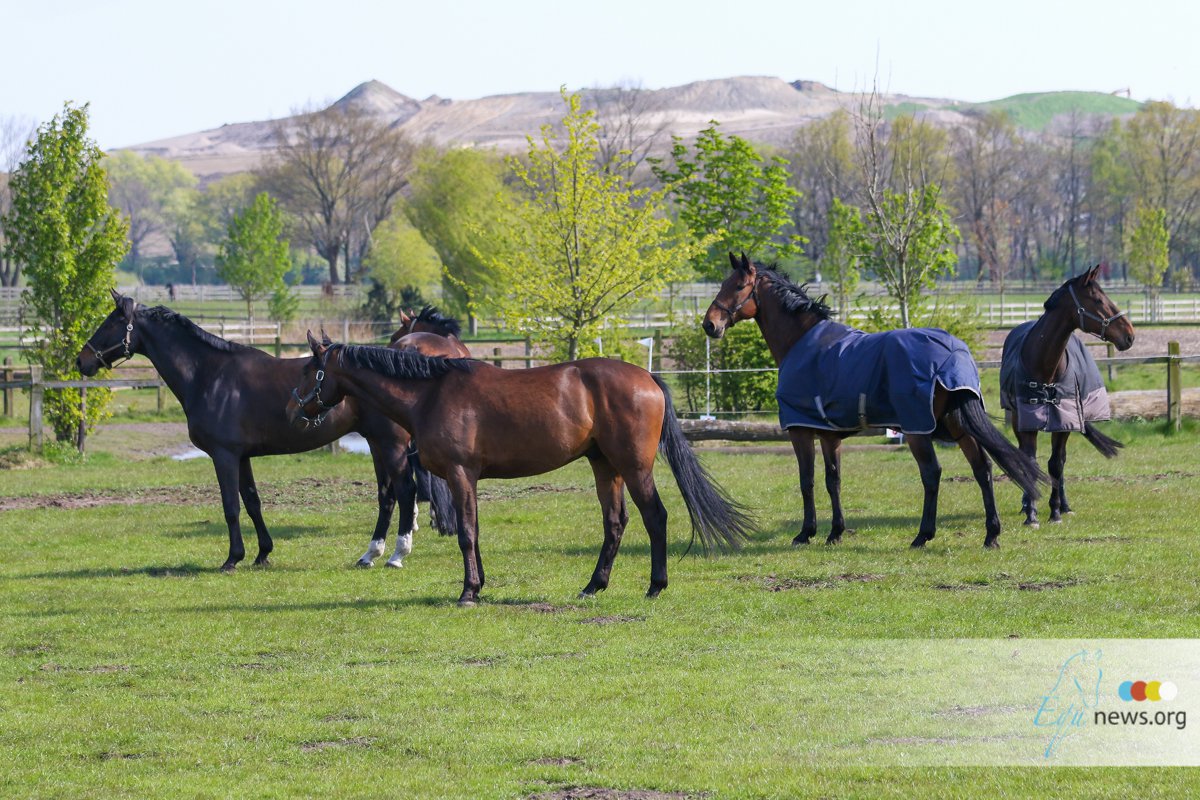Kissing spines appears to be hereditary in horses, and scientists are rapidly homing in on the specific areas of the equine genome that are linked to the debilitating condition.
At least two specific chromosomes, Chromosomes 16 and 25, appear to have regions that affect the severity of kissing spines in Warmbloods, Thoroughbreds, and stock horse breeds, said Samantha A. Brooks, PhD, of the Department of Animal Science and the Genetics Institute of the University of Florida, in Gainesville, and Beau Whitaker, DVM, of the Brazos Valley Equine Hospital, in Salado, Texas. A third chromosome, Chromosome 14, seems to have a significant association with the presence—or not—of the disease regardless of its severity. Brooks and Whitaker presented the early results of their study at the 2020 American Association of Equine Practitioners’ Convention, held virtually.
Because of this newly identified genetic component, owners should seriously consider not breeding horses with kissing spines, especially those who have had to retire due to performance issues, said Brooks. Although it’s tempting to repurpose the horse into a breeding animal, “it seems that may perpetuate this kind of problem,” she said.
source: The Horse






